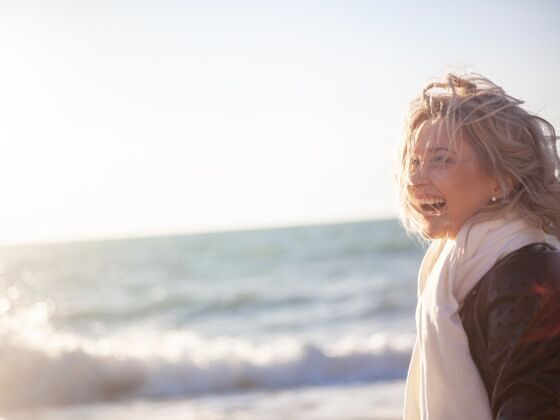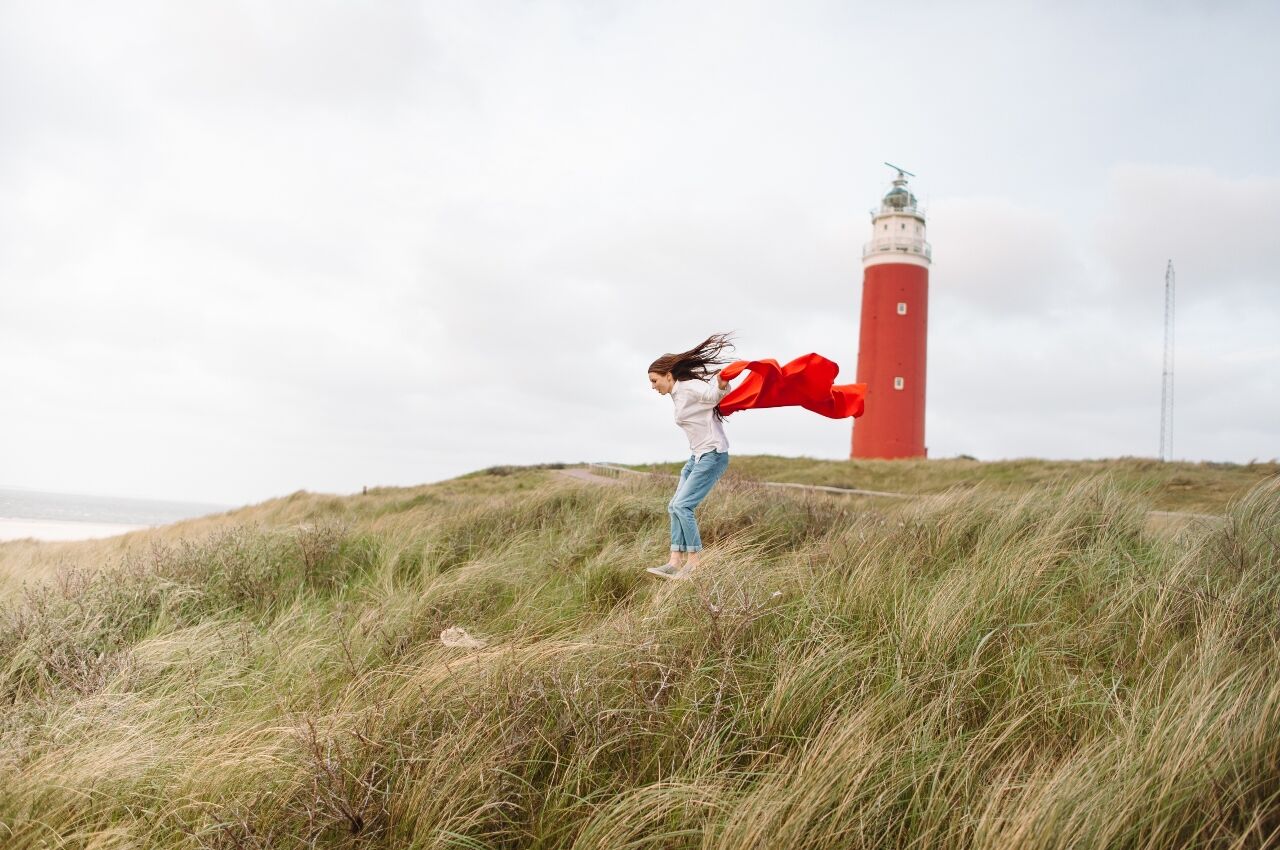During uncertain times, we’ve taken comfort in customs borrowed from other cultures. The Danish concept of hygge, or embracing coziness, and Norway’s friluftsliv, time spent out of doors, are two ways to help us take care of our inner selves — so we can better face what the outside world may throw at us.
And just when it seemed we could exhale, we might be best off inhaling a deep breath of gusty air first. In the Netherlands, wind is the source of mental cleansing. When the Dutch need to get refreshed, clear the mind, and prepare for what comes next, they go uitwaaien, or “out-blowing.”

